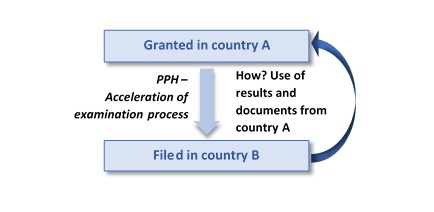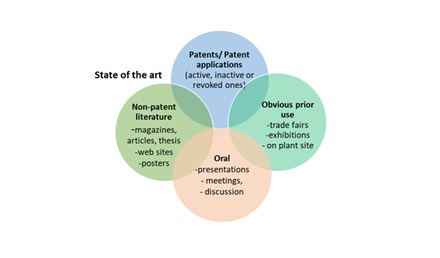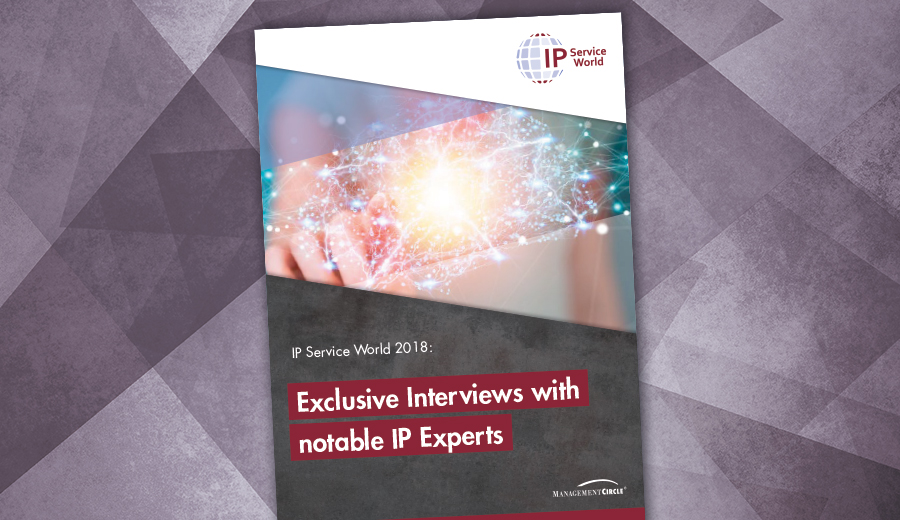
Three different patent offices dominate the intellectual property landscape in Europe, but each one has unique regulations. Corporate innovators seeking to navigate the European Union intellectual property patent prosecution processes need to understand all three sets of regulations. In this blog post, Huong Schmidtke-Tran, Senior Research Associate in Evalueserve’s German IP and R&D Department, will compare the Swiss Federal Institute of Intellectual Property (IGE), the European Patent Office (EPO), and the German Patent Office (DPMA).
Swiss patent examiners are only responsible for the patentability of patent applications. Unlike German or European examiners, they do not participate in opposition proceedings and are therefore not full examiners. Instead, they offer Freedom to Operate (FTO) searches in addition to their other work.
Huong Schmidtke-Tran is a Senior Research Associate in Evalueserve’s German IP and R&D Department.
Her expertise lies in performing different types of searches and working on R&D intelligence projects. She helps clients identify relevant patent documents, and then she helps analyze them and identify trends.
Schmidtke-Tran also has IP experience, having worked as a patent examiner and IP manager.
She holds a Ph.D. in Physical Chemistry from the University of Hamburg.
In brief:

The Swiss Patent Office hopes to reform and extend its services. It commissioned some surveys and, in 2015, hired two consulting firms to examine its economic and optimization potential.
It appears that the Swiss Patent Office works economically. Introducing a so-called “full examination” combined with extended “international cooperation” is possible and desired from an economic viewpoint.
Accelerating the Patent Application Process
The Patent Prosecution Highway (PPH or GPPH) is an agreement between 27 patent offices worldwide, including the Japan Patent Office (JPO), Korean Intellectual Property Office (KIPO), China National Intellectual Property Administration (CNIPA), United States Patent and Trademark Office (USPTO), European Patent Office, and German Patent and Trade Mark Office. The Patent Prosecution Highway aims to accelerate the examination process of patent applications by fast-tracking patent applications in one participating country or region that have already been patented in a different participating country or region. Depending on the case, the patent examiner could arrive at the same conclusions that the previous patent office did. They could also conduct a new search or reanalyze existing documents.

Grace Periods
Grace periods exist in many countries and regions, including Japan, the United States, and China. The European Patent Office allows for grace periods of six months, as does the Swiss Patent Office (with some restrictions). The German Patent Office, on the other hand, does not offer a grace period.
Why do grace periods exist? In fact, from the patent protection view an invention must be:
New
Inventive, and
Have an industrial application.
To fulfill the first condition of being considered new, the invention cannot be accessible to the public or appear in an oral or written format before a patent application is filed. If this condition is not met, the invention is not considered new and can no longer be patented.
However, some countries have grace periods, meaning that certain activities are permitted before a patent filing, such as:
Presenting the innovation at a conference
Publishing a paper about the innovation in a journal

Thanks to the grace period, these inventors can file a patent application within a specified period after they let the public get access to their invention but only in countries with a grace period. In other countries, a patent application is forfeited if it’s released to the public prior to the patent application is filed.
Other Differences Between Offices
A big difference between DPMA and EPO is that the European Patent Office is involved in patentability searches for other European countries, including Italy, the Netherlands, and France. This is part of a cooperation treaty with those countries, which do not have the resources for a comprehensive search process. For those countries, only prior art search is performed, but no examination is done. Often the EPO examiner makes parallel searches for the same patent filing’s progress in other countries/regions.
All patent offices have common tasks that need to be completed in a certain time range. Patent examiners must be very efficient when performing a search and find the most relevant patents in a short time. Due to their shortage of time, they are unable to view the whole patent landscape.
In the case of an opposition proceeding, what with patent examiners and even patent attorneys not having time to perform searches, external providers like Evalueserve are important and necessary.
Evalueserve’s IP and R&D team performs searches with professional tools, manpower, time, and expertise in a variety of fields. We conduct types of searches ranging from broad and narrow searches in different languages to spider searches. We can also search by assignee, inventor, classification, cited by, and citing. Using Evalueserve for your search needs ensures that you will find and access more relevant documents.
Our IP and R&D offerings include conventional searches, patent portfolio analyses, competitive intelligence solutions, and landscaping studies. To learn more, contact us.
Evalueserve is the largest IP and R&D service provider, offering a unique approach to quality patent searching, patent analytics and innovation intelligence. Our Search and Intelligence quality index is the first to determine search quality. We also offer industrialized, high volume digital patent drafting, prosecution, IP docketing, and curated data for better insights. Our mind+machine™ approach combines human expertise and proprietary technologies for smart algorithms to simplify key tasks, control and improve output of complex analytics task and provide an advanced digital experience.





